News

COVID: Sri Lanka records 29 new deaths
The Director-General of Health Services has confirmed 29 new coronavirus-related fatalities for February 03, increasing the death toll in the country due to the virus to 15,544.
This includes 17 males and 12 females, according to the Department of Government Information.
Four of the victims were in the age group of 30-59 years. The remaining 25 virus-infected people were aged 60 years and above.

CCPI-based headline inflation rises to 14.2% in January 2022
The headline inflation, as measured by the year-on-year (Y-o-Y) change in the Colombo Consumer Price Index (CCPI, 2013=100), increased to 14.2 per cent in January 2022 from 12.1 per cent in December 2021, according to the Statistics Department of the Central Bank of Sri Lanka.
Meanwhile, on an annual average basis, the CCPI increased to 6.9 per cent in January 2022 from 6.0 per cent in December 2021, the Central Bank said in a statement.
Inflation was driven by monthly increases of prices of items in both Food and Non-food categories. Subsequently, Food inflation (Y-o-Y) increased to 25.0 per cent in January 2022 from 22.1 per cent in December 2021, while Non-food inflation (Y-o-Y) increased to 9.2 per cent in January 2022 from 7.5 per cent in December 2021.
The monthly change of CCPI was recorded at 2.43 per cent in January 2022 due to price increases observed in items of both Food and Non-food categories which were 1.15 per cent and 1.28 per cent, respectively.
Accordingly, within the Food category, prominent increases were observed in prices of rice, fresh fruit, milk powder, and bread.
Further, prices of items in the Non-Food category recorded increases mainly due to price increases observed in the Transport (Petrol, Diesel, Bus fare), Housing, Water, Electricity, Gas and other fuel (Housing Rent, Maintenance/Reconstruction), Education (Course fees for higher education and vocational training), and Restaurant and Hotels sub- categories during the month.
The core inflation (Y-o-Y), which reflects the underlying inflation in the economy, increased to 9.9 per cent in January 2022 from 8.3 per cent in December 2021. Moreover, annual average core inflation increased to 5.0 per cent in January 2022 from 4.4 per cent in December 2021.
Derana
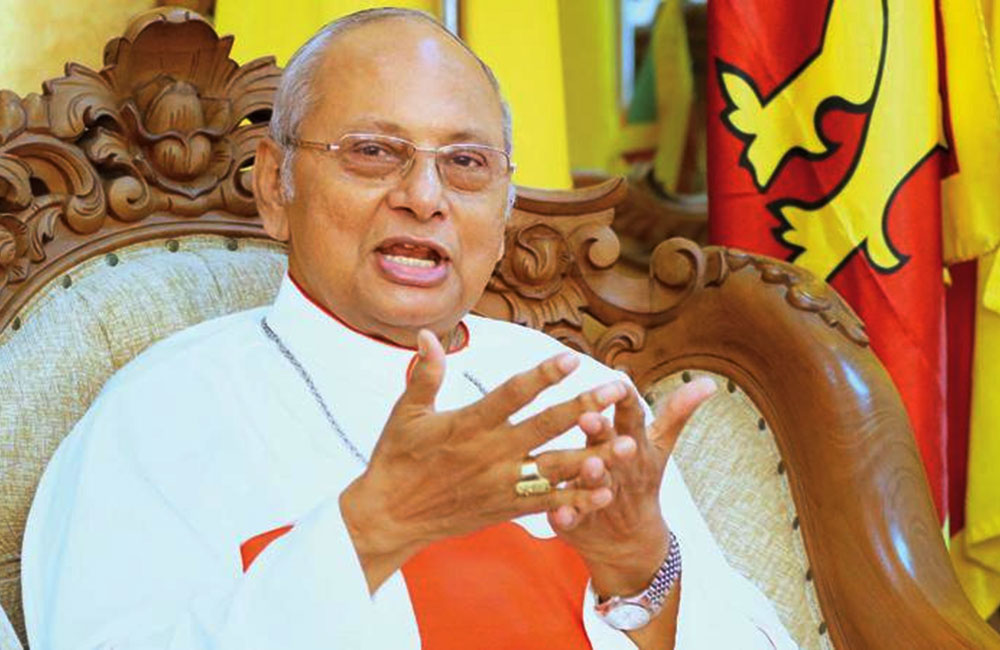
Cardinal not to attend Independence Day celebrations
Colombo Archbishop Malcolm Cardinal Ranjith is to boycott the state function to mark 74th Independence Day tomorrow (04) and also cancelled an afternoon mass at All Saints Church in Borella.
This was announced by Colombo archdiocese communication unit member, Father Cyril Gamini Fernando, at a media briefing today.
The Cardinal’s decisions are in protest against authorities’ failure to ensure justice to Easter Sunday terror attack victims and a lack of progress in investigations into the finding of a hand grenade at the Borella church.
He will hold a mass instead, while other churches will hold services to invoke blessings on the country, said Fr. Fernando.
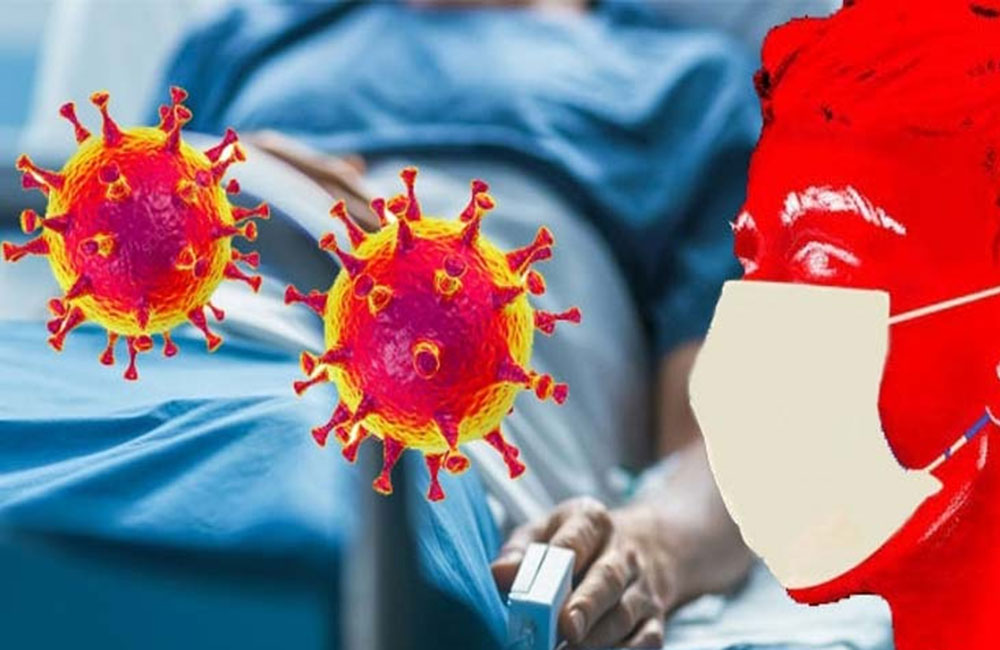
Covid fatalities in sri lanka increases to 15,473
The Director-General of Health Services has confirmed 32 new coronavirus-related deaths for January 31, increasing the death toll in the country due to the virus to 15,473.
This includes 15 males and 17 females, according to the Department of Government Information.
Nine of the victims were in the age group of 30-59 years. The remaining 23 virus-infected people were aged 60 years and above.
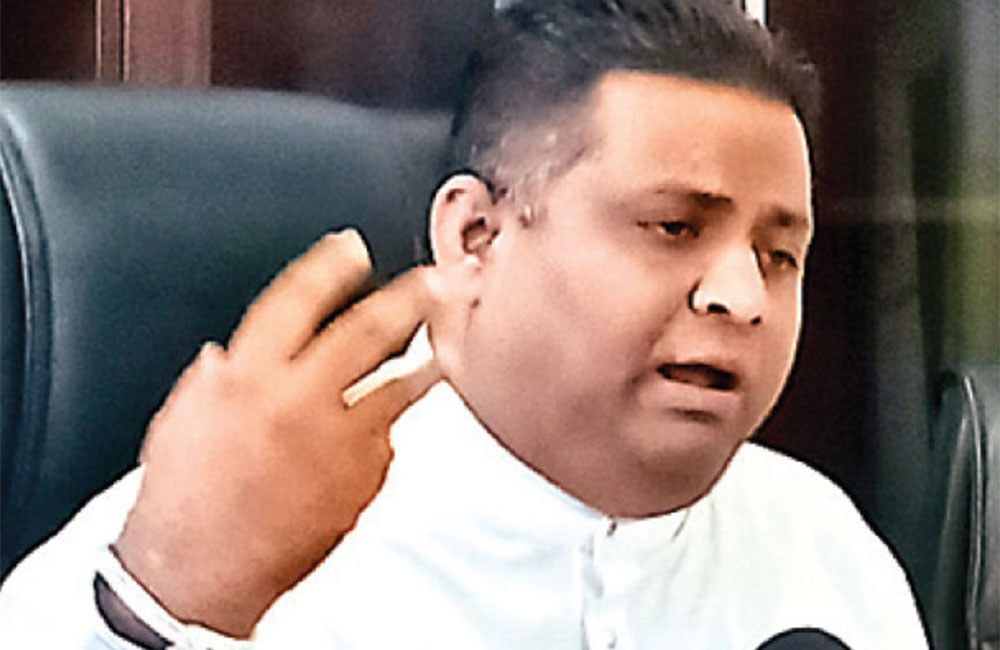
State Minister Arundika Fernando resigns
State Minister Arundika Fernando says that he is resigning from his ministerial position.
The decision to step down comes in the backdrop of the SLPP parliamentarian’s son surrendering to police in connection with the incident of attacking medical faculty students in Ragama.
Arundika Fernando’s son, a 23-year-old named Avinda Randila Jehan Fernando, was arrested after he surrendered to Ragama Police last night through a lawyer.
The BMW used by the assailants was meanwhile taken into custody in the area of Kalubowila.
A total of seven suspects involved in the incident are currently under arrest on charges of assault, causing injuries, forceful entry, unlawful assembly and misuse of a vehicle belonging to a state institution.
Six were apprehended yesterday and one of them, an injured student, is being treated at the Negombo Hospital.
The accused including the MP’s son have been remanded untiol February 07 after being produced at the Wattala Magistrate’s Court. They are also scheduled to be presented in an identification parade.
It was reported yesterday that a group of 10-15 outsiders had forcibly entered the men’s hostel of the Kelaniya University’s Faculty of Medicine in Ragama at around 3.00 a.m. and attacked several students.
As per reports, four students who sustained injuries in the incident were admitted to the Colombo North Teaching Hospital in Ragama. One of them was later transferred to the Negombo Hospital for further treatment.
The suspects had reportedly arrived in two cars and had fled after the attack, however, the students had managed to apprehend one of the individuals along with a car, which reportedly belongs to the Coconut Development Authority.
An official ID, issued in 2018 to a driver of State Minister Arundika Fernando’s personal staff, was found inside the car.
Speaking regarding the incident yesterday, the State Minister had said that if anyone connected to him is involved in the incident, he would definitely take a disciplinary decision against them following the respective investigation.
“Also, if anyone says that I am involved in it, I will definitely resign from the ministerial post if it is proved.”
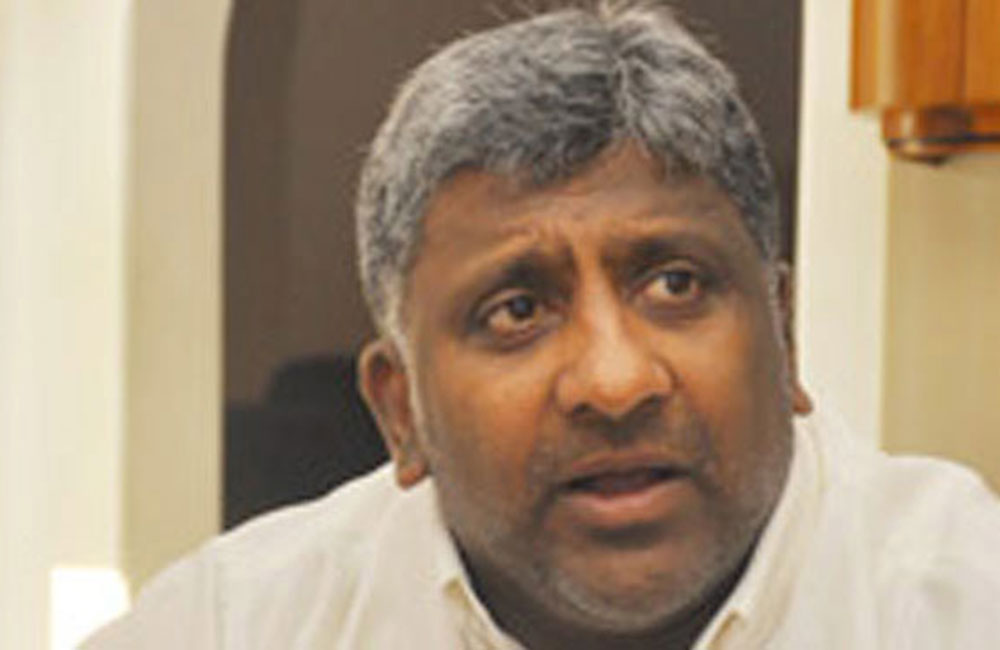
Prasanna denies involvement in Kalagedihena egg-throwing
Minister Prasanna Ranatunga denies any involvement in the egg-throwing at the vehicle of JVP leader Anura Kumara Dissanayake.
Vehemently rejecting the allegations against him over the incident, Ranatunga says he strongly condemns it as the SLPP leader for Gampaha district.
He is calling for a comprehensive investigation in order to bring those responsible to book.
Eggs were thrown at Dissanayake’s vehicle by a group of persons as he arrived at a JVP convention in Kalagedihena yesterday (30).
Party activists captured two of the assailants and handed them over to the Nittambuwa police.
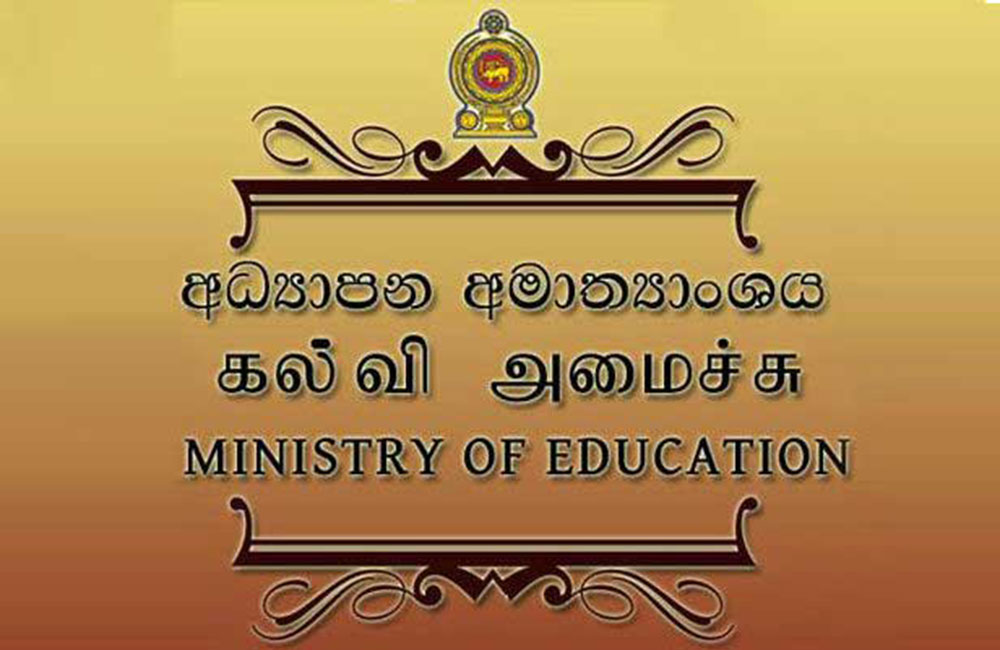
Schools close for one month from 07 Feb.
All government and government-approved schools will be closed for one month from 07 February in view of the GCE Advanced Level examination.
The education ministry announces the schools reopen on 07 March.

NO power cuts until April 2022 – Minister Lokuge
Sri Lanka’s Minister of Power Gamini Lokuge has assured there would be NO power cuts until April 2022, following a special meeting with President Gotabaya Rajapaksa on Monday (31).
The Minister said from Tuesday (1) 270 MW of electricity will be added to the grid from the Norochcholai Power Plant, and fuel is being delivered to the other power plants in Kelanithissa, Sapugaskanna, and the Barge-mounted power plant, and therefore, there will be no issue in supplying electricity.
The Minister said authorities will prepare an electricity generation plan until April 2022, and hydro-power generation will have to drop as water needs to be released for irrigation and agriculture purposes.

COVID: Sri Lanka records 19 new deaths
The Director-General of Health Services has confirmed 32 new coronavirus-related deaths for February 01, increasing the death toll in the country due to the virus to 492.
This includes 14 males and 05 females, according to the Department of Government Information.
Two of the victims were in the age group of 30-59 years. The remaining 17 virus-infected people were aged 60 years and above.
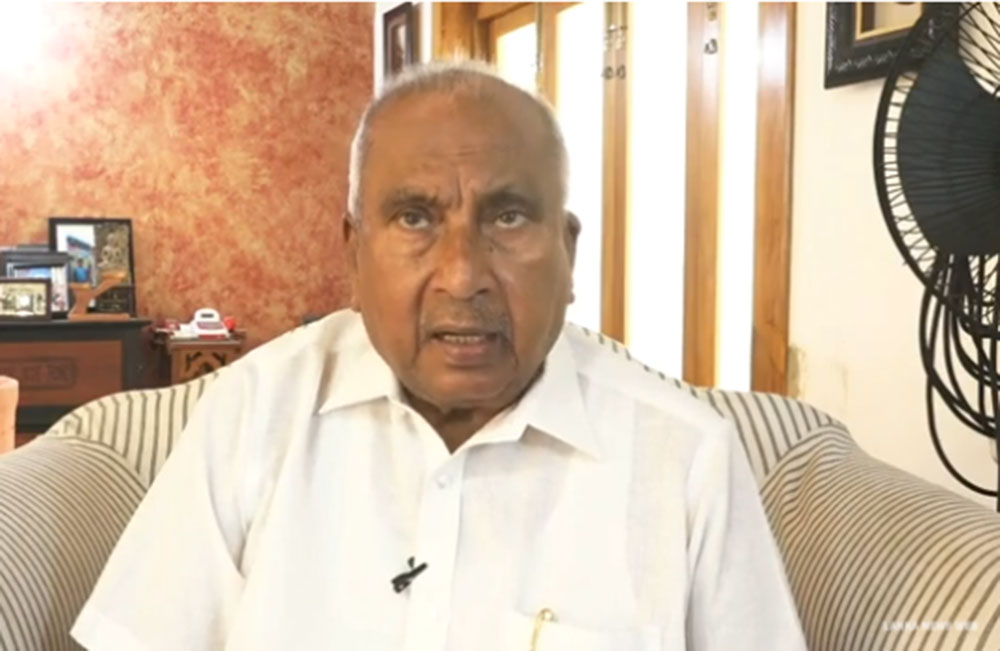
IOC to supply fuel to CEB from next week?
Minister of Power Gamini Lokuge says that the Ceylon Electricity Board (CEB) would be able to directly purchase fuel through the Indian Oil Company (IOC) tomorrow and the day after.
He said a decision is expected to be taken tomorrow regarding the fuel required by the CEB for next week.
He also said that a program will be launched to obtain electricity from private power plants in the short term.
Speaking further, Minister Lokuge said that for now the CEB is receiving fuel supplies and that from Monday they have to find a way to obtain fuel for the next week. He said discussions have been held with IOC for this purpose.
He said that are working on maintaining the power supply without any disruptions as per the instructions of the President.
The minister expressed hope they would be able to obtain fuel from IOC and said this is being discussed with the Finance Ministry.
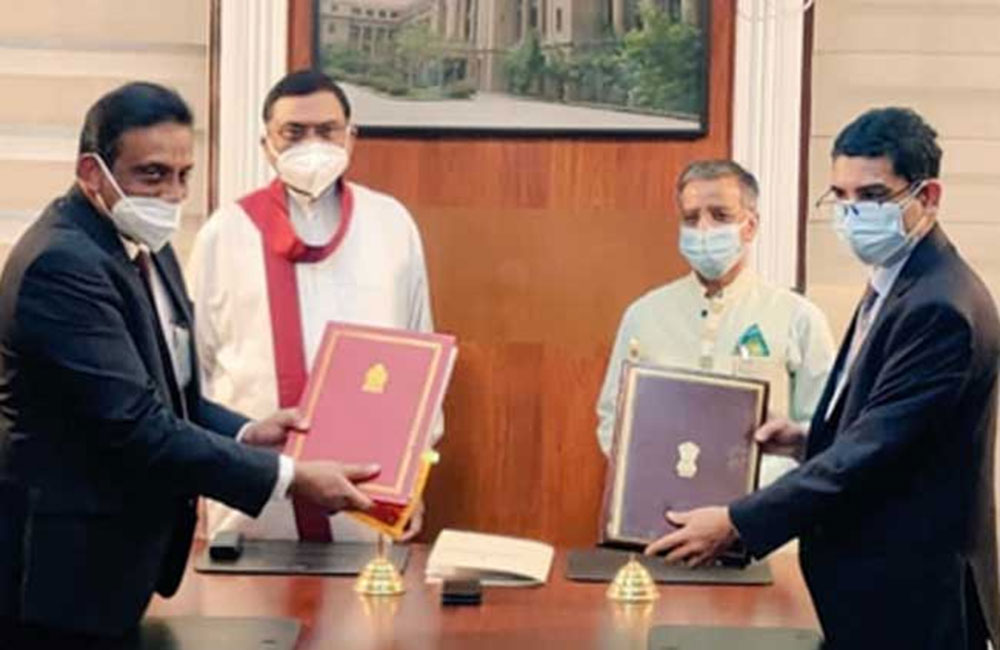
Sri Lanka, India sign USD 500 Mn credit line agreement for petroleum purchases
The Indian Exim Bank on Wednesday (2) signed a $ 500 Million Line of Credit Agreement with the Sri Lankan Treasury.
The agreement was signed for the purchase of Petroleum Products.
Finance Minister Basil Rajapaksa and Indian High Commissioner Gopal Bagley were present for the signing.

Covid fatalities in sri lanka increases to 15,420
The Director General of Health Services has confirmed another 20 coronavirus related deaths for January 29, pushing the country’s death toll from the virus since the start of the pandemic to 15,420.
This includes 13 males and 07 female patients while surprisingly 03 of the victims, two males and a female, are below the age of 30 years.
Five are between the ages 30-59 years while the other 12 are in the age group of 60 years and above.
Page 322 of 660